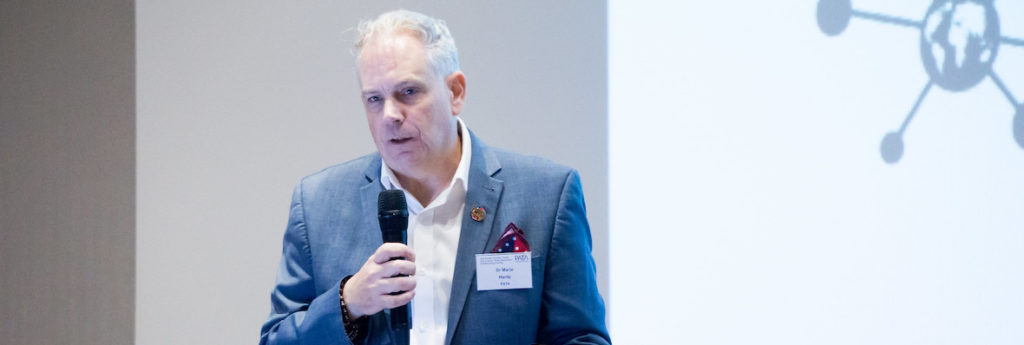With over 77,000 reported cases of coronavirus in China and nearly 80,000 worldwide (including, at press time, nine cases in Canada), concerns remain high over the effects of the pandemic. Cases in China appear to be easing, according to the World Health Organization, but Italy, Iran and South Korea reported sharp rises on Monday.
Naturally, the effects on tourism have been significant.
To that end, Dr. Mario Hardy, chief executive officer of the Pacific Asia Travel Association (PATA) issued the following statement:
“Concerns regarding the effects of COVID-19 on the tourism industry are increasing daily and its growing impact is being felt by all industry stakeholders from both the public and private sector. There isn’t a day that goes by when COVID-19 is not mentioned in the news or on social media. At PATA, we are closely monitoring the situation on a daily basis via the REAL TIME TRACKER developed by the Center for Systems Science and Engineering (CSSE) at Johns Hopkins University.
“With cases in China still rising, many destinations and organizations across the Asia Pacific region are concerned about the financial impact on their business in 2020 and beyond, as they have relied heavily on China as a primary source market.
“The number one question on everyone’s minds is, how long before we recover? This isn’t a simple question to answer as we have not yet seen the tipping point (i.e. the time when the number of new cases reduces day by day).
“From past experiences (i.e. SARS), the industry began to show signs of recovery after approximately six months. However, there is a high risk that this time recovery may take longer. Why? Because all Chinese businesses in every sector are being financially impacted in ways that are almost unconceivable. It is likely that Chinese citizens may not be able to take as many overseas holidays later in the year and focus on making up for lost income.
“While we encourage businesses and destinations to look at the domestic market and other source markets to fill the current void, we would also like to highlight the importance of showing messages of kindness and support to your respective partners and suppliers in China. Building and maintaining a close relationship with your partners in China during this difficult time is key to quicker recovery once this situation is behind us.”
Hardy also said that some businesses were extending refunds, letters of credit towards future bookings, and waiving late payment fees to assist their close partners and suppliers. Organizations, he suggested, should make good use of social media and build content to show their support during times such as these.
“More than ever our industry needs to stand together, put our competitive interests aside and partner for a better tomorrow. This is a key theme for the Association this year in ‘Partnerships for Tomorrow,’ and even more relevant with the current situation affecting all stakeholders across the region.”
He said partners must look for ways to support each other, particularly those most affected by the current situation such China and SMEs across the region, as well as bring confidence back to the industry.
“Only through concerted efforts by both the public and private sector can we face the complex challenge ahead of us.
“As always, we encourage all members and industry colleagues to remain calm but stay vigilant and take proper precautions as necessary. It is also important to remember to make sure to get your information from reputable sources such as the World Health Organization (WHO) website and consider all facts before measuring an appropriate response during this time.”

